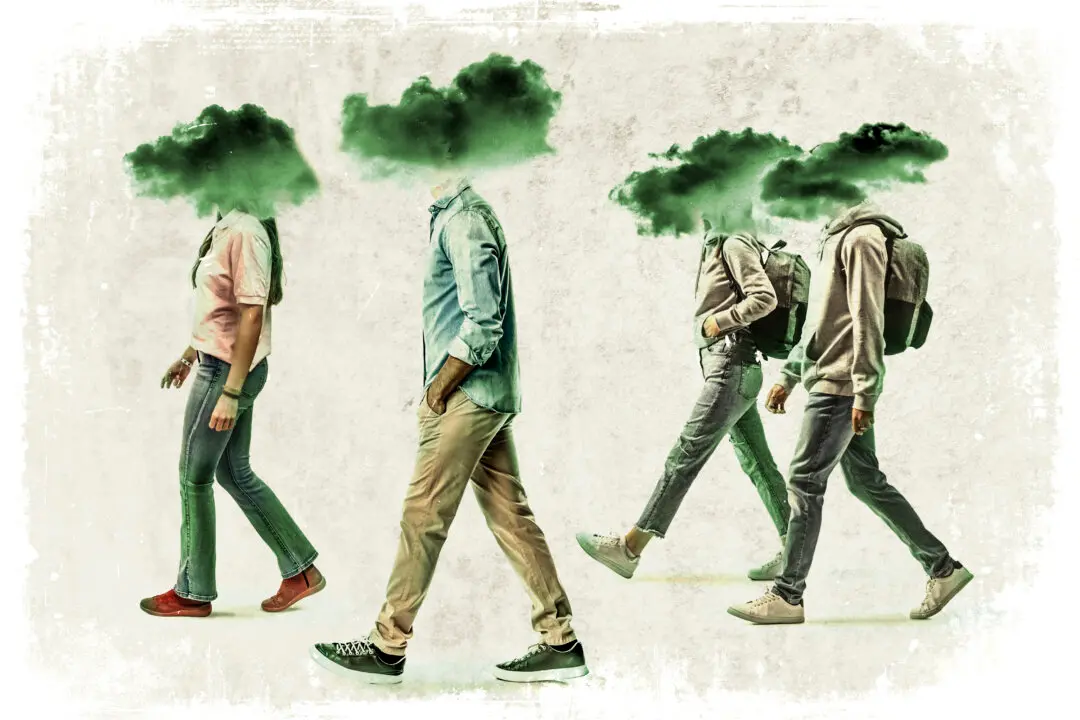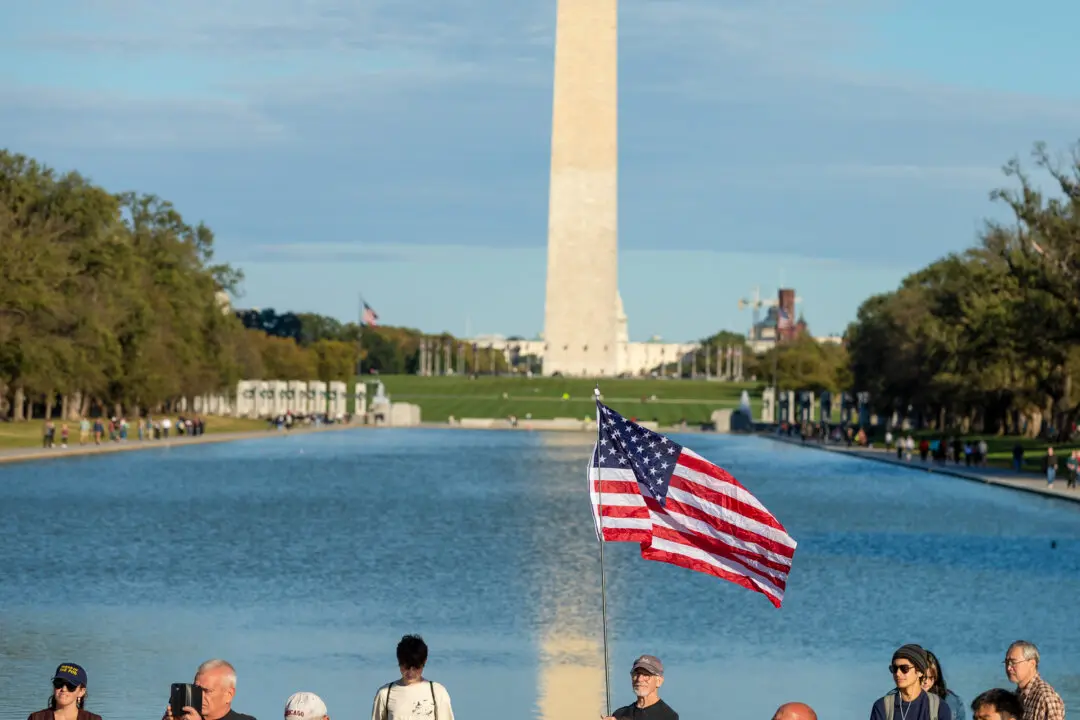New bills could mark either the end of the Internet as we know it, or the reigning in of the relatively lawless World Wide Web.
Internet regulation is a controversial topic at the cutting edge of technology and culture. The argument for more regulation, being supported by the powerful Motion Picture Association of America (MPAA), is that online piracy is costing the U.S. economy $58 billion annually.
Simply put, Hollywood may make money off of blockbuster movies glorifying pirates and criminals, but that does not mean they want you pirating those movies online. Hence, the name of new bipartisan legislation that the U.S. House of Representatives is expected to approve as early as Jan. 24: the Stop Online Piracy Act (SOPA).
Last month, the MPAA stated: “Content theft is not a victimless crime. More than 2.2 million hard-working, middle-class people in all 50 states depend on the entertainment industry for their jobs, and many millions more work in other industries that rely on intellectual property.”
Meanwhile, many others who fear Internet regulation, including both individual Internet users and big names like Google, see SOPA and its sister legislation in the U.S. Senate, the Protect IP Act, as a veritable Pandora’s box if President Obama indeed signs some version of the two—which is very possible given their bipartisan support.
The MPAA may get the federal government to shut down egregious pirating websites for now, but the future implication is that any website that shares or links to copyrighted material could be labeled an online pirate and shutdown.
“We support the bills’ stated goals—providing additional enforcement tools to combat foreign ‘rogue’ websites that are dedicated to copyright infringement or counterfeiting,” read a joint, public statement in November made by Google, Yahoo!, Facebook, Twitter, AOL, eBay, LinkedIn, Mozilla, and Zynga.
“Unfortunately, the bills as drafted would expose law-abiding U.S. internet and technology companies to new uncertain liabilities, private rights of action, and technology mandates that would require monitoring of websites.”
How would SOPA really work? HMA, a company that offers online anonymity services, says the U.S. government would basically block Americans from visiting certain websites it deems pirates by censoring them, similar to how regimes in China, Iran, and Syria censor the Internet.
But it is not just censored websites that would be affected, according to HMA. Websites that allow people to bypass censorship would also be censored.
“If SOPA passes, online anonymity services such as HMA will be at high risk of being banned in the U.S. altogether,” said HMA in an e-mail on Monday.
Blogosphere Uprising
As Jan. 24 approaches and the U.S. House prepares to vote on SOPA, the blogosphere is abuzz with opposition to the bill, which is sponsored by Rep. Lamar Smith (R-Texas).
Influential Rep. Paul Ryan (R-Wis.), whose name is often floated as a possibility for vice president on the Republican ticket, walked right into the middle of the buzz. In what appears to be a response to an inquiry about SOPA, Ryan recently issued a vague statement that was somewhat positive about the bill.
Shortly thereafter, users on the popular aggregator and vehement SOPA opponent reddit.com came out strongly against Ryan and helped his Democratic rival raise $20,000 in campaign funds.
The episode appears to have ended on Monday, when Ryan unequivocally came out in opposition to SOPA, stating: “The internet is one of the most magnificent expressions of freedom and free enterprise in history. It should stay that way. While [SOPA] attempts to address a legitimate problem, I believe it creates the precedent and possibility for undue regulation, censorship, and legal abuse.”
While SOPA is sponsored by a Texas Republican, it runs headlong into the conservative values of limited government and limited regulation, which Ryan has ultimately embraced.
The Foundry, a blog run by conservative think-tank the Heritage Foundation, last month came out in opposition to SOPA, giving the creepy example of hip-hop blog Dajaz1.com, which posts free music from artists who want to promote their work.
The federal government didn’t quite understand how the self-promotion blog worked. “They seized the domain name, then shared virtually no information with its owner for more than a year. Only recently did they quietly drop the case,” according to the Foundry.
That’s not the kind of regulation American businesses need more of, say some conservatives.
“[SOPA] addresses a legitimate problem,” wrote Heritage’s regulatory policy expert James Gattuso, “but it may have unintended negative consequences for the operation of the Internet and free speech.”
Reddit.com puts it more colorfully: “Congress is considering legislation that will dramatically change your Internet experience and put an end to reddit and many other sites you use every day.”
Rep. Smith has countered this by stating that blogs within the United States would be immune. But the real world application of the law on the Internet, a place where your country usually doesn’t matter, remains unclear, especially for the long term. It’s serious enough that reddit.com will make their popular site go black on Jan. 18 in order to raise awareness about the dangers of the new Internet regulation bills.
“We’re not taking this action lightly. We wouldn’t do this if we didn’t believe this legislation and the forces behind it were a serious threat to reddit and the Internet as we know it,” reads their post from Tuesday.




